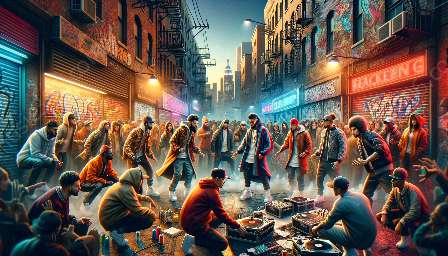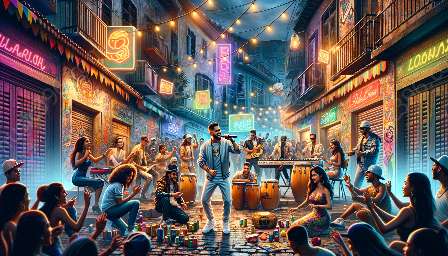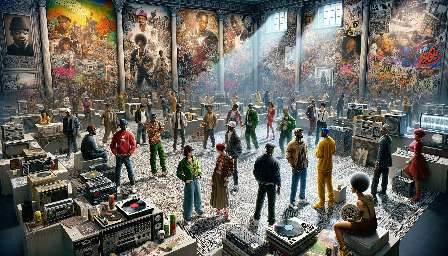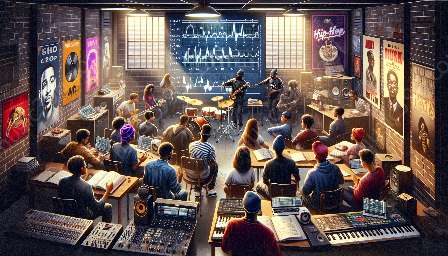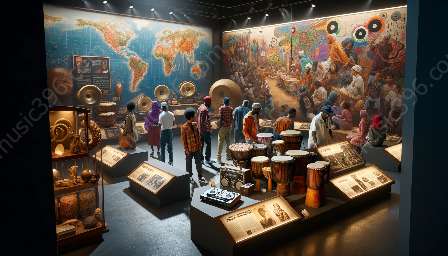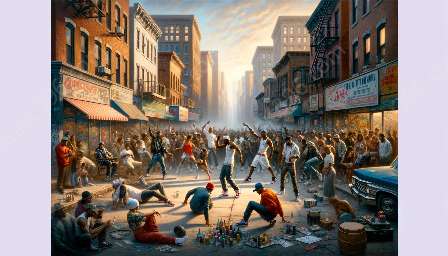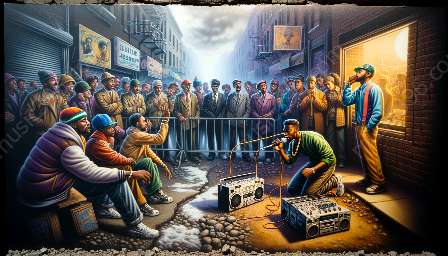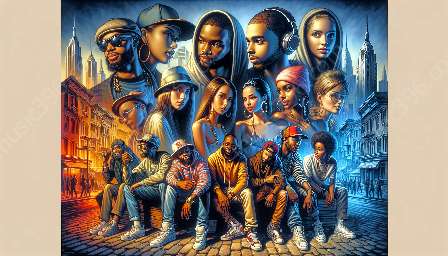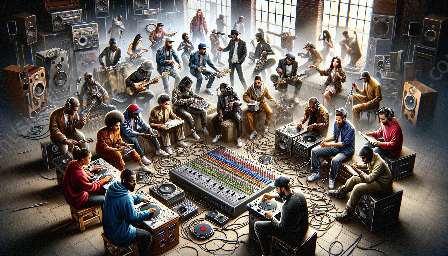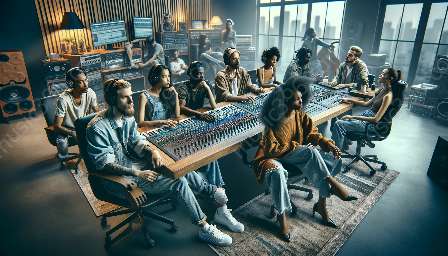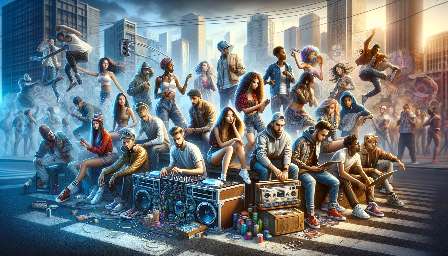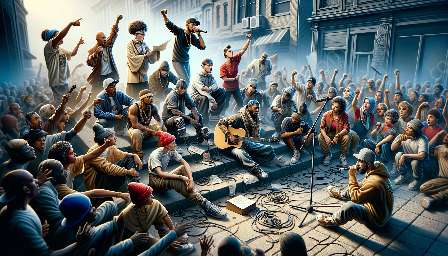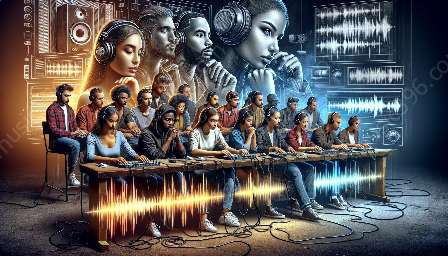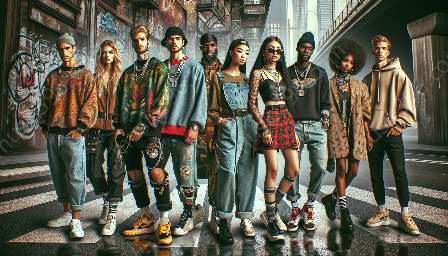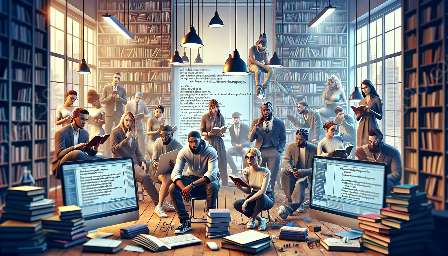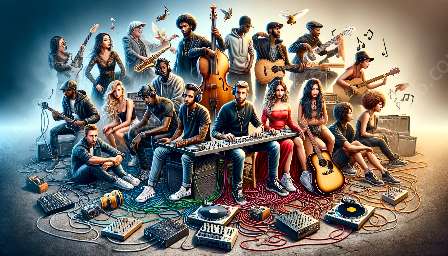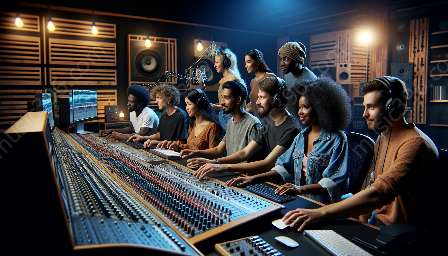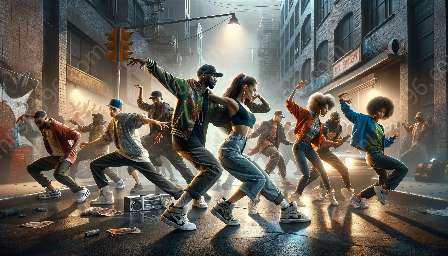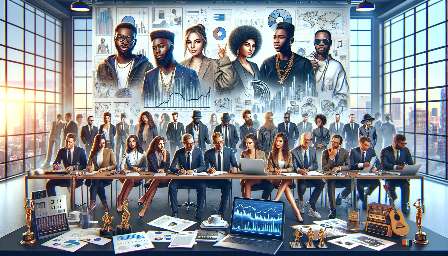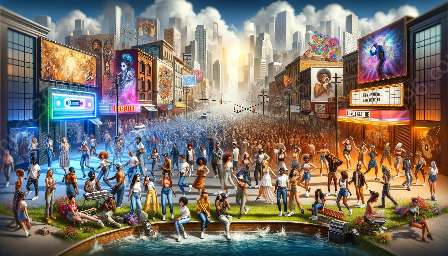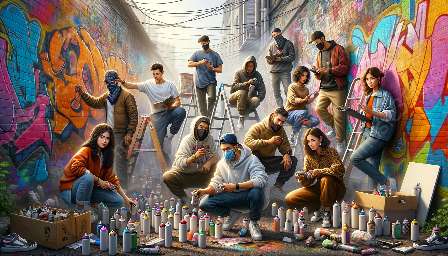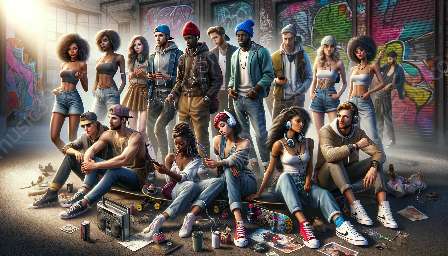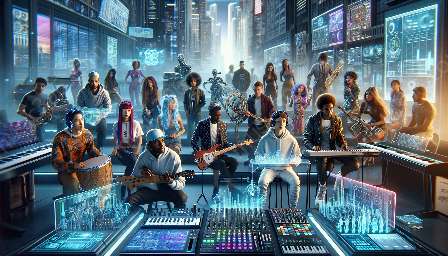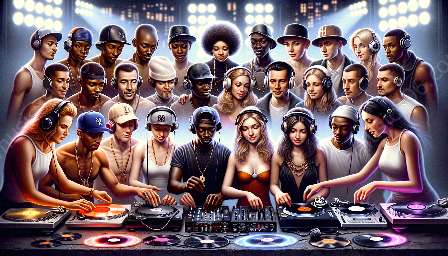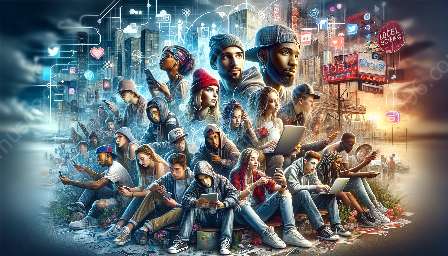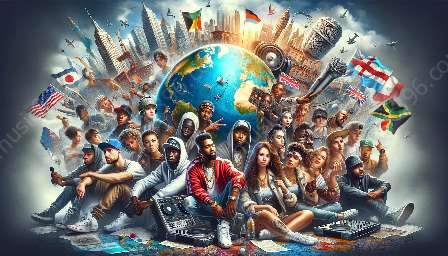Urban and hip-hop music artists are heavily influenced by social media, which has both positive and negative effects on their mental health and well-being. In this article, we'll explore how social media impacts urban and hip-hop artists, the challenges they face, and the coping strategies they can employ to maintain their mental well-being.
The Effects of Social Media on Urban and Hip-Hop Music Artists' Mental Health
Social media has become an integral part of the music industry, offering artists a platform to build their brand, connect with their fans, and promote their work. However, the constant exposure to social media can have profound effects on the mental health and well-being of urban and hip-hop music artists.
1. Pressure and Comparison
One of the primary challenges urban and hip-hop artists face on social media is the pressure to maintain a certain image and persona. The constant comparison to their peers, as well as the pressure to conform to societal standards of success and fame, can lead to feelings of inadequacy, anxiety, and depression.
2. Cyberbullying and Trolling
Urban and hip-hop artists are often targets of cyberbullying and trolling on social media platforms. Negative comments, hate speech, and online harassment can take a toll on their mental well-being, leading to decreased self-esteem and confidence.
3. Addiction and Burnout
The addictive nature of social media can result in excessive use and burnout for urban and hip-hop music artists. Constantly checking notifications, responding to comments, and maintaining an online presence can lead to exhaustion and mental fatigue.
Challenges Faced by Urban and Hip-Hop Artists
In addition to the specific effects of social media, urban and hip-hop music artists face a variety of challenges in navigating their online presence.
1. Authenticity and Representation
Artists often struggle to balance authenticity with the pressure to maintain a curated image on social media. The need to constantly project a certain lifestyle can lead to a disconnection from their true selves and contribute to mental health challenges.
2. Invasion of Privacy
Social media blurs the line between private and public life for urban and hip-hop artists. The invasion of their personal space and the constant scrutiny from fans and the media can have a detrimental impact on their mental well-being.
Coping Strategies for Maintaining Mental Well-being
Despite the challenges posed by social media, urban and hip-hop music artists can adopt various coping strategies to protect their mental health.
1. Setting Boundaries
Establishing clear boundaries around social media use and setting aside dedicated 'offline' time can help artists maintain a healthy work-life balance and protect their mental well-being.
2. Seeking Support
Building a supportive network of friends, family, and fellow artists can provide urban and hip-hop music artists with the necessary emotional support to navigate the challenges of social media.
3. Embracing Vulnerability
Opening up about struggles and vulnerabilities can help artists connect with their audience in a more authentic and meaningful way, contributing to greater mental well-being.
Conclusion
Social media has undeniably altered the landscape of urban and hip-hop music, presenting both opportunities and challenges for artists. By understanding the effects, challenges, and coping strategies related to social media, urban and hip-hop music artists can navigate this digital landscape while prioritizing their mental health and well-being.

